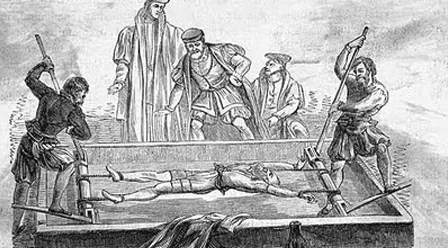February 22, 2023
Section 230: The Internet, Categorization, and Rorty Rorty
Topic: The Supreme Court is hearing a case about whether section 230 exempts Google from responsibility for what it algorithmically recommends.
A thought from one of my favorite philosophers, Richard Rorty:
Rortiana, CC BY-SA 4.0 https://creativecommons.org/licenses/by-sa/4.0,
via Wikimedia Commons
“…revolutionary achievements in the arts, in the sciences, and the moral and political thought typically occur when somebody realizes that two or more of our vocabularies are interfering with each other, and proceeds to invent a new vocabulary to replace both… The gradual trial and error creation of a new, third, vocabulary… is not a discovery about how old vocabularies fit together… Such creations are not the result of successfully filling together pieces of a puzzle. They are not discoveries of a reality behind the appearances, of an undistorted view of the whole picture with which to replace myopic views of its parts. The proper analogy is with the invention of new tools to take the place of old tools.” — Richard Rorty, Contingency, Irony, and Solidarity, 1989, p. 12
We’ve had to invent a new vocabulary to talk about these things: Is a website like a place or a magazine? Are text messages like phone calls or telegrams? Are personal bloggers journalists [a question from 2004]?
The issue isn’t which Procrustean bed we want to force these new entries into, but what sort of world we want to live in with them. It’s about values, not principles or definitions. IMUOETC (“In my uncertain opinion expressed too confidently”)
Procruste’s bed. And this is better than being too tall for it :(
A point all of this misses: “Yo, we’re talking about law here, which by its nature requires us to bring entities and events under established categories.”











